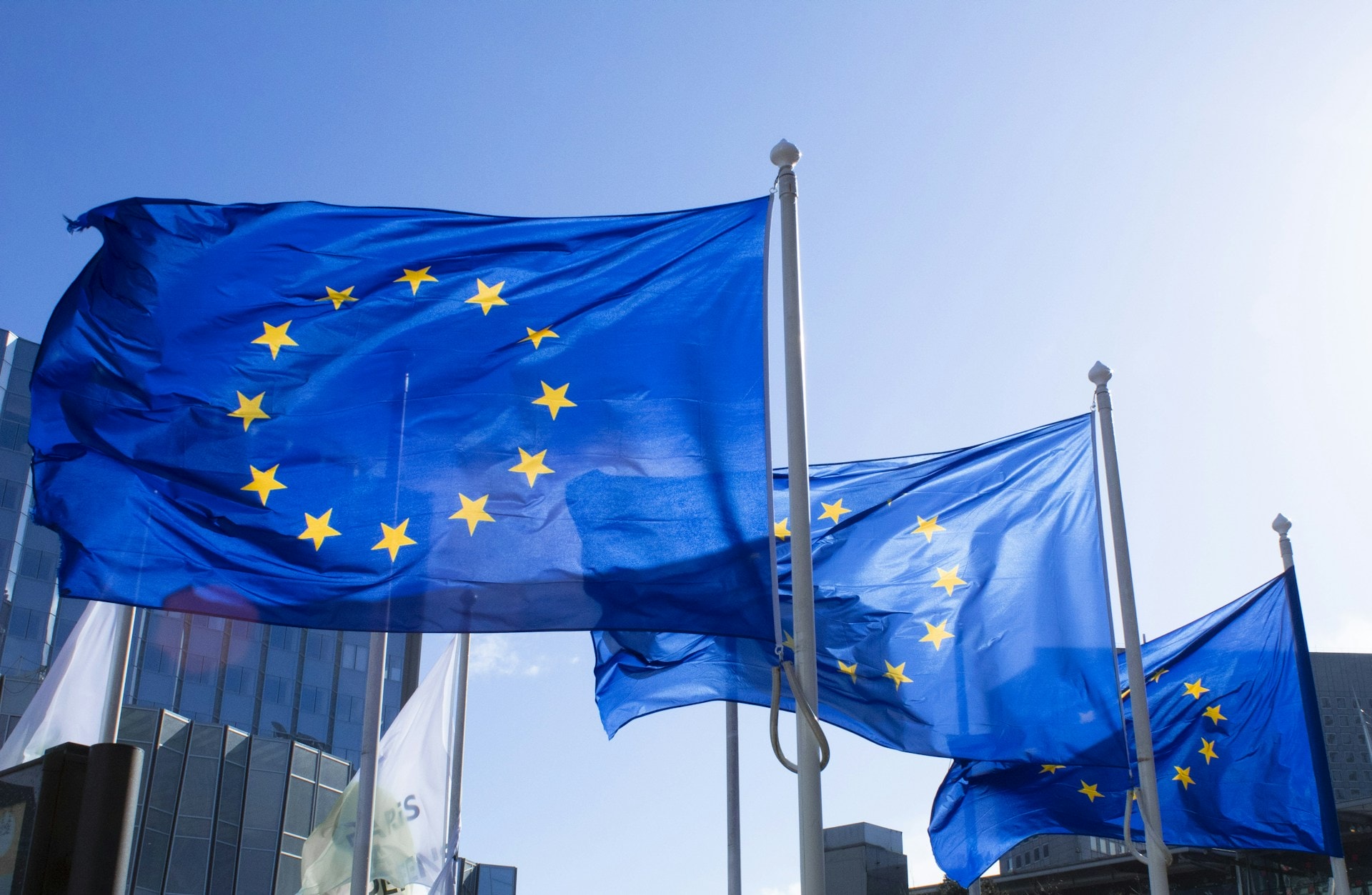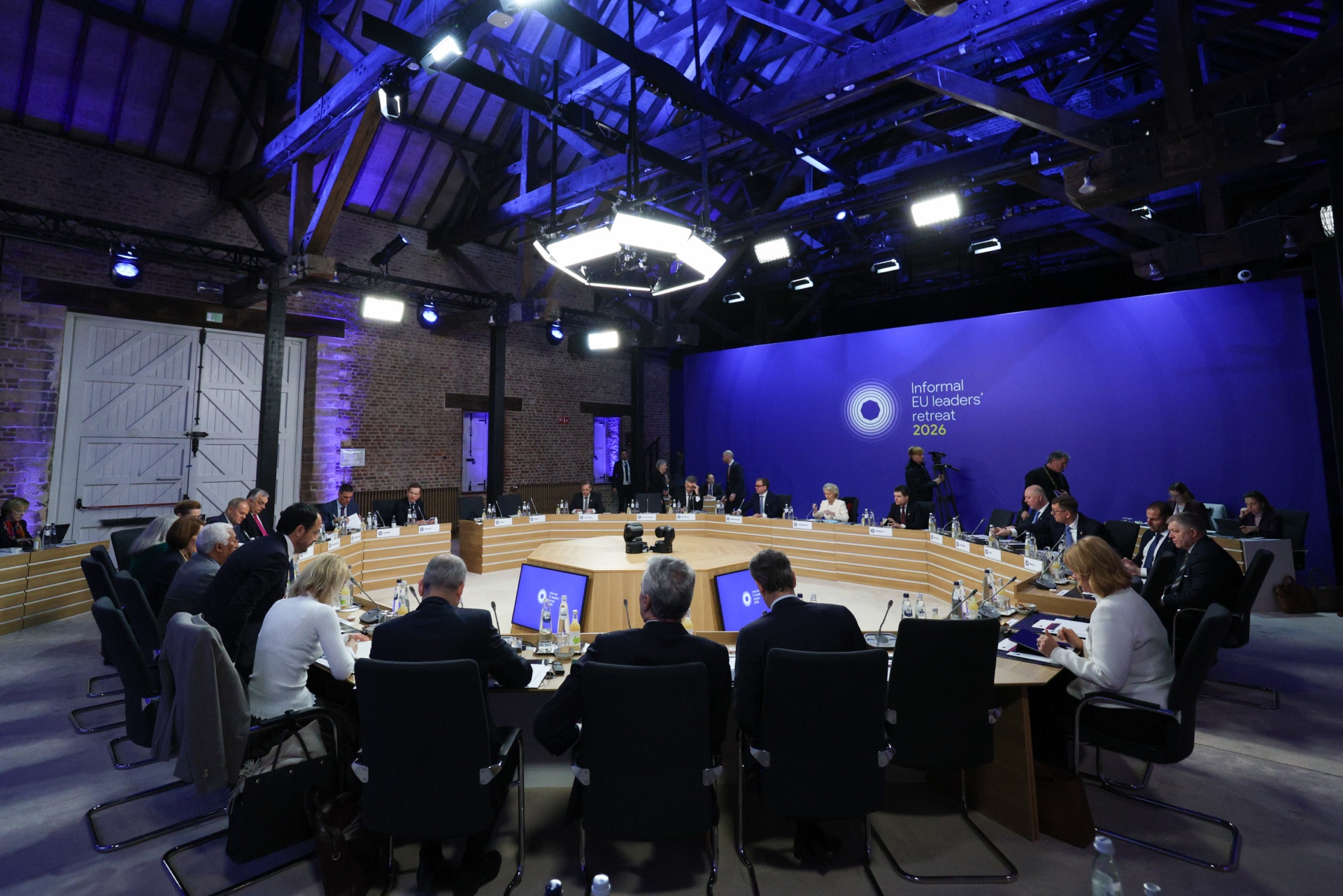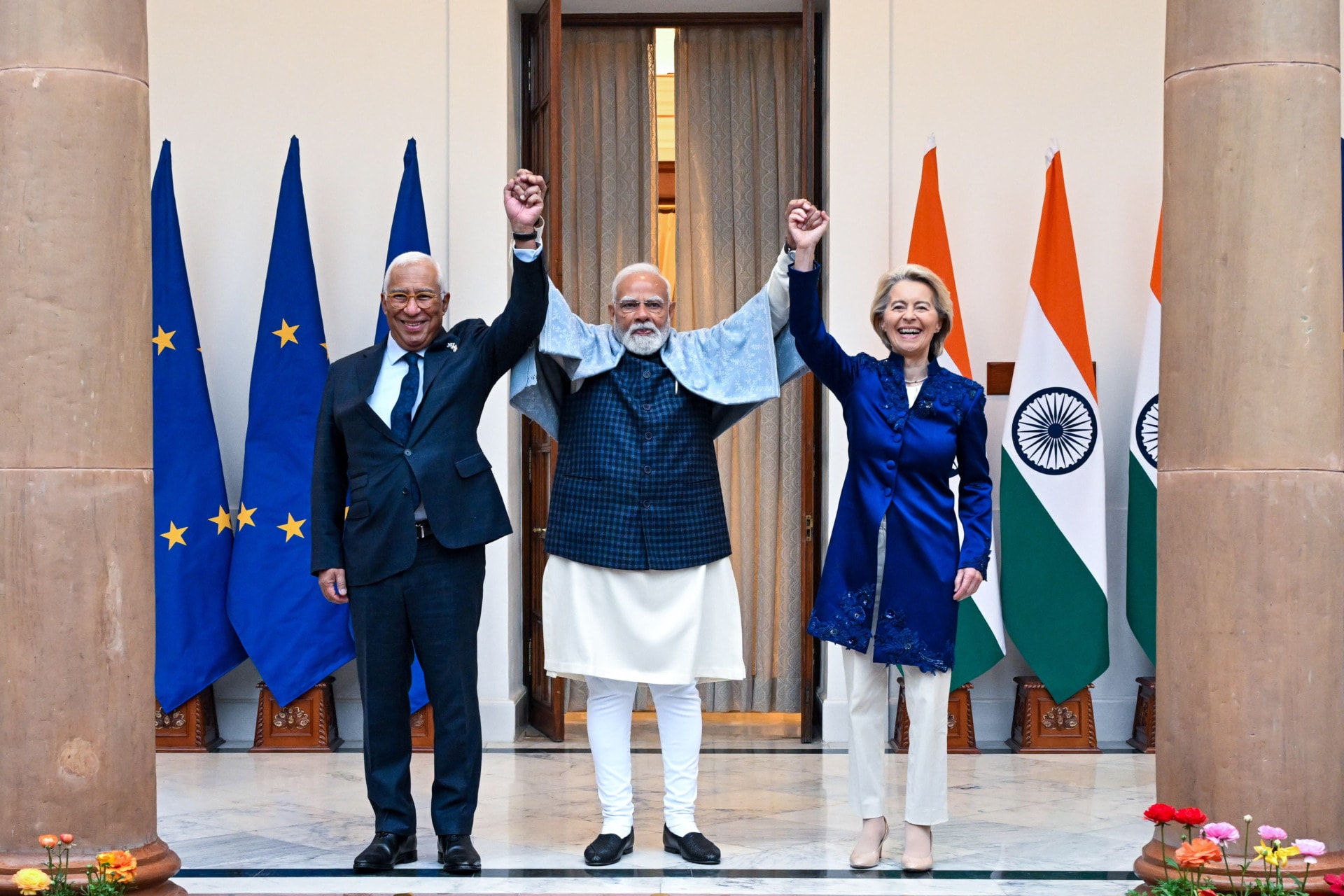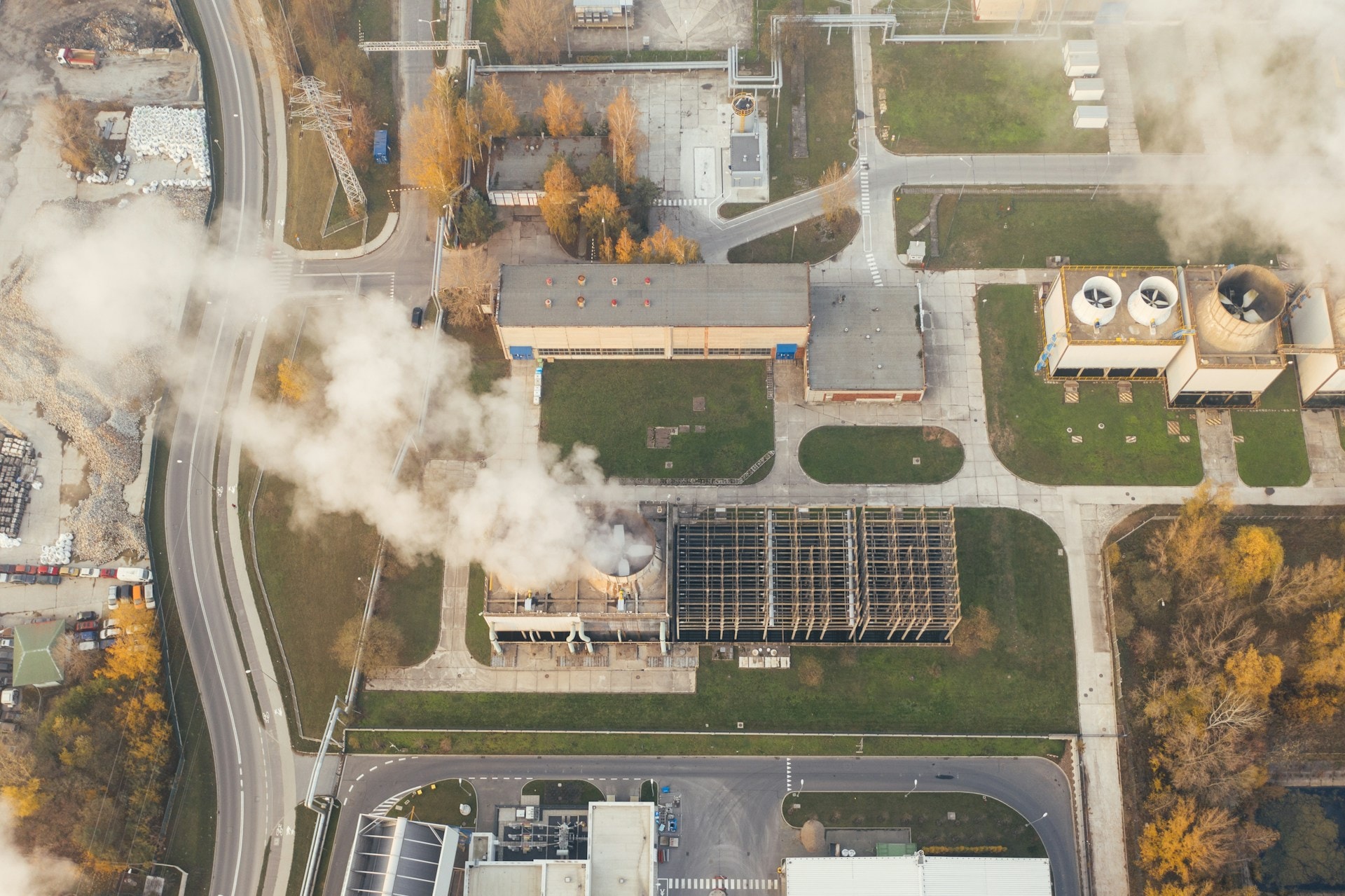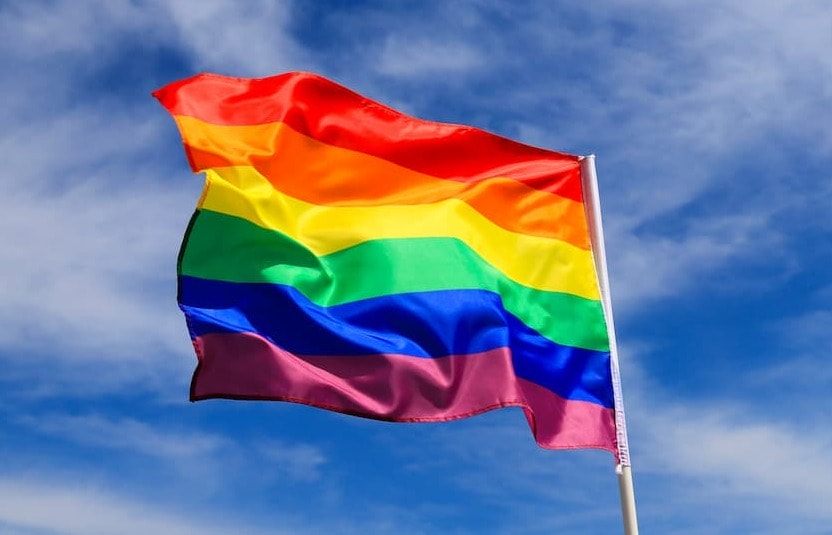Described as “the song version of the Super Bowl, the Olympics and the World Cup rolled into one sequined pageant”, the Eurovision Song Contest is an annual competition organised by the European Broadcasting Union (EBU).
Participants are mostly from the European Union, but have also included Israel, Morocco, Ukraine, Russia and more recently, Australia, gaining the competition fans from all over the world since 1956.
Saturday’s event marked the 66th Eurovision and was held in Turin because Italian band Maneskin were last year’s winners. But this year is not like most other years due to the war taking place between two of the countries usually involved.
It has now been almost 3 months since the Russian invasion of Ukraine, a period of time which has seen a huge onslaught of fighting and death, millions displaced, and cities brought to ruin.
Under these circumstances, Ukraine still put forward a Eurovision performance, which is only testament to the nation’s extraordinary character.
At the beginning of the evening, Ukraine’s President Volodymyr Zelensky tweeted wishing Ukraine’s Kalush Orchestra victory:
Taking the (information) war to a whole new level, Zelensky just announced Ukraine winning the #Eurovision will be symbolic for Ukraine winning the war. #Eurovision2022 starting… right now. pic.twitter.com/nnZ9mj1Koq
— ChristoGrozev@bsky.social (@christogrozev) May 14, 2022
He then later congratulated the group and said his country’s courage ‘impressed the world’.
The night began with the audience singing ‘Give Peace a Chance’, which immediately made clear Eurovision’s views on Russia’s invasion of Ukraine. This support comes alongside the stunning news of Ukrainian gains in Kharkiv while Russia, according to British intelligence estimates, has lost a third of its troops since the start of the war.
Whilst it is difficult to have any certainty over how or when the war may end, strategic experts such as NATO’s Secretary general have observed tactical errors made in Russia’s campaign in the Eastern Donbas region, finding that Russia’s efforts have ‘stalled’.
Russia did not compete
Ukraine’s win was, in one way, symbolic as the EBU barred Russia from participating in this year’s event at the beginning of the invasion. This carries some importance given the two countries’ Eurovision history. Since it first took part in 1994, Russia has won Eurovision once, and finished in the top five places 10 times. Ukraine has won twice, in 2004 and 2016.
Russia and Ukraine’s Eurovision relationship began with friendly exchanges of high jury scores but deteriorated after Russia’s annexation of Crimea in 2014. That same year the Russian act was then booed on stage by the live audience. Russia then complained when Ukrainian singer Jamala won the 2016 competition with 1944,a song about the deportation of Crimean Tatars that year, claiming that this disobeyed Eurovision’s rule forbidding ‘political’ songs. Further tensions arose when Ukraine hosted Eurovision in 2017: The Russian entry, Yuliya Samoylova was banned from entering Ukraine, and so Russia withdrew from the competition. Ukraine then withdrew in 2019 following a dispute with their contestant ‘Maruv’ over her positions on Crimea and Russia.
How Ukraine won: The Kalush Orchestra with ‘Stefania’
Ukraine’s Eurovision contender was the Kalush Orchestra, a rap and folk band who performed a rousing anthemic song ‘Stefania’. European viewers who tuned in showed a statement of solidarity behind Ukraine and the Kalush orchestra won the public vote.
‘Stefania’ was written to honour the group’s frontman Oleh Psiuk’s mother, but during the war it has been reinterpreted as a tribute to ‘Motherland’ Ukraine. This was therefore an emotional victory for Ukraine with song lyrics such as “I’ll always find my way home, even if all roads are destroyed”
“Stefania is heard every day on the front line of our fighters as a call for freedom…Every soldier remembers his mother, who prays for him at night, and he has to win a free life for her. This song is like our blood, which is now on the lips of every Ukrainian” Ann Fedirko told the BBC from Ukraine
Oleh Psiuk ended the performance with his hand on his heart and exclaimed “Please help Ukraine, Mariupol. Help Azovstal right now”. Later on, he told a news conference that people can help by spreading information, talking, and reaching out to their governments to help.
Kalush orchestra were firm favourites even before the event, and it was predicted that Eurovision 2022 would always be Ukraine’s victory as support rose following Russia’s invasion. But, winning the top spot is still a rallying result.
“Throughout the week, the singers, the broadcasters, the community have proudly stood with Kalush Orchestra and Ukraine. This will always stand as a victory at Eurovision; but it means so much more. It is the grandest gesture of love to the people of Ukraine from every single corner of every single country in Europe and beyond.” Ewan Spence from the Eurovision Insight Podcast told the Guardian from Turin
The BBC reported that although celebrations in Ukraine were muted, with people unable to celebrate in public because of curfews, the win brought great happiness for all those Ukrainians who heard it. Refugee Ivanna Khvalyboga told a reporter “We have won Eurovision; we will win the war with Russia! Now we see support of the whole world and it feels great”. Yura Solodzhuk, the administrator of a Ukrainian Eurovision fan page, said he hoped it would “help attract the world’s attention again. It’s important to remind the world about us again and again, that Ukrainian music and culture exists”.
Although Eurovision may seem a trivial, light-hearted event each year, perhaps it is more political than it is given credit for with regards to the ‘jury vote’ aspect in which countries have to vote for each country. The jury votes should supposedly be based on musical choices and talent, but often spark speculation that they stem from political favouritism rather than artistic taste.
Eurovision results have had speculations of politicisation in the past. For example, Bosnia and Herzegovina were entered into the competition in 1993, the same year as Serbia’s siege on Sarajevo. Armenia and Azerbaijan’s Eurovision relationship has also been rife with tension, with multiple arguments over imagery and lyrics relating to the contested Nagorno-Karabakh region and the Armenian genocide.
This year, speculations arose when the results came in when Serbia’s jury didn’t give any points to Ukraine. Although this could have been a musical decision, some believe that this was political, derived from sympathy with the Russian invasion. Some were shocked by Germany and Switzerland receiving so few points, whereas Poland giving Ukraine a full 12 points was instead expected, due to the large numbers of Ukrainian refugees in Poland.
Furthermore, there was a change from the UK having done notoriously badly in previous years, which some tabloids blamed on Britain’s relationship with EU countries, to coming second this year. The UK received 12 points from 8 countries, including Ukraine and France, which led to claims that ‘Europe no longer hates the UK’.
To sum up, Kalush Orchestra’s win and the huge support they received are remarkable. One can hope that this is a boost in pride and feeling of support for Ukrainian citizens.
However, as the winning country is supposed to host the competition the year after, uncertainty looms regarding where to host Eurovision in 2023.
Zelensky vowed one day to host Eurovision in a “free, peaceful and rebuilt” Mariupol, but this could be unlikely in 2023 due to the logistics involved in hosting the event that will depend on the situation in Ukraine.
If Ukraine cannot host in 2023, there is a possibility that Eurovision will take place in one of the ‘Big Five’ countries that contribute the most financially to Eurovision: Spain, Germany, France, Italy, and the UK. In this case, the UK runners-up could be a natural candidate.
For now at least, the Ukrainian people that followed Eurovision can enjoy this victory and what it could potentially symbolise for the future. Is there a significance in European nations voting ‘in favour’ of Ukraine? Could this be suggestive of the results of future EU accession talks? Only time will tell.
Editor’s Note: The opinions expressed here by Impakter.com columnists are their own, not those of Impakter.com. — In the Featured Photo: Kalush Orchestra, Eurovision 2022. Featured Photo Credit: Flickr.





